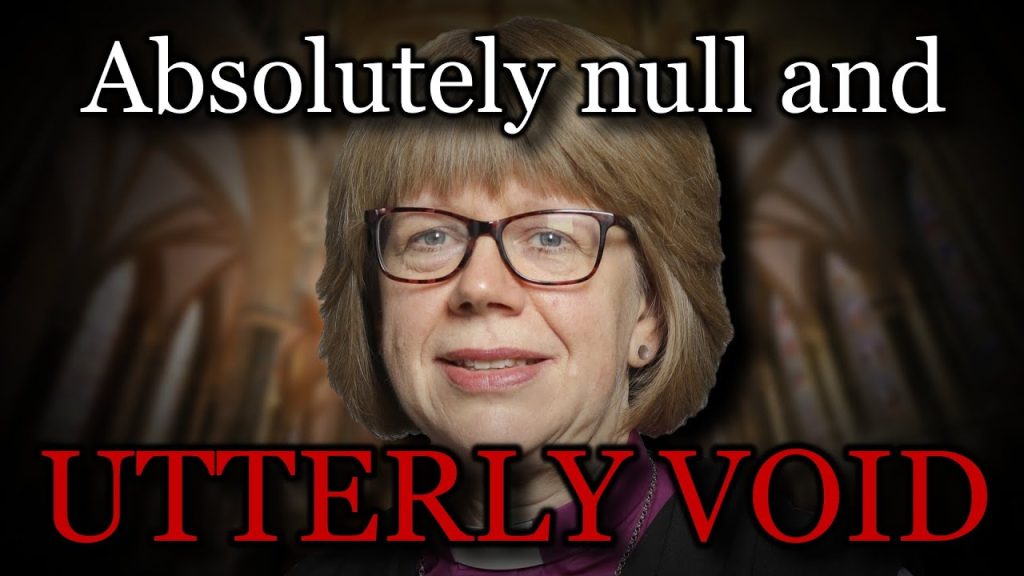The title “Woman in charge U.K.” hints at a significant shift in the political landscape of the United Kingdom where women are increasingly stepping into leadership roles. In recent years, the conversation surrounding female representation in government has gained momentum, reflecting broader societal shifts towards gender equality and women’s empowerment. As we navigate this evolving dynamic, it’s crucial to examine the implications of women’s leadership and what it signals for the future of U.K. politics.
Historically, the political arena in the U.K., like many parts of the world, has been dominated by men. However, the past few decades have witnessed a gradual yet profound change. Women have made notable strides in various political spheres, from local councils to the highest echelons of government. Figures such as former Prime Minister Theresa May and current high-profile leaders in various political parties exemplify the increasing presence of women in positions of power.
Moreover, organizations and advocacy groups focused on promoting women’s leadership continue to push for greater inclusivity in political processes. Initiatives aimed at encouraging more women to stand for election and policies that support work-life balance are pivotal in transforming perceptions about women’s roles in politics. Intersectionality, diversity, and representation are not just buzzwords but essential elements in creating effective governance that reflects the demographic makeup of society.
As the U.K. gears up for future elections, the question remains: how will this trend towards female leadership impact policymaking and public perception? Discussions surrounding key issues such as health care, education, and social justice are often shaped by the personal experiences and perspectives of female leaders, adding valuable insight into the complexity of these topics.
As viewers of the political landscape contemplate the significance of having women in charge, it opens up a broader dialogue about leadership styles, governance, and the capacity for change in our institutions. The anticipation builds around the next generation of women who will continue this vital work, driving to ensure their voices are heard and represented.
Where to Learn More
- BBC News – Insightful articles and reports on women’s roles in politics.
- UK Parliament – Information on the government’s initiatives regarding gender equality in leadership.
- The Guardian – Comprehensive coverage and analysis of female politicians and their impact.
- Inter-Parliamentary Union – Research and statistics on women in political leadership worldwide.
- Fawcett Society – A leading charity advocating for women’s rights and gender equality in the UK.




